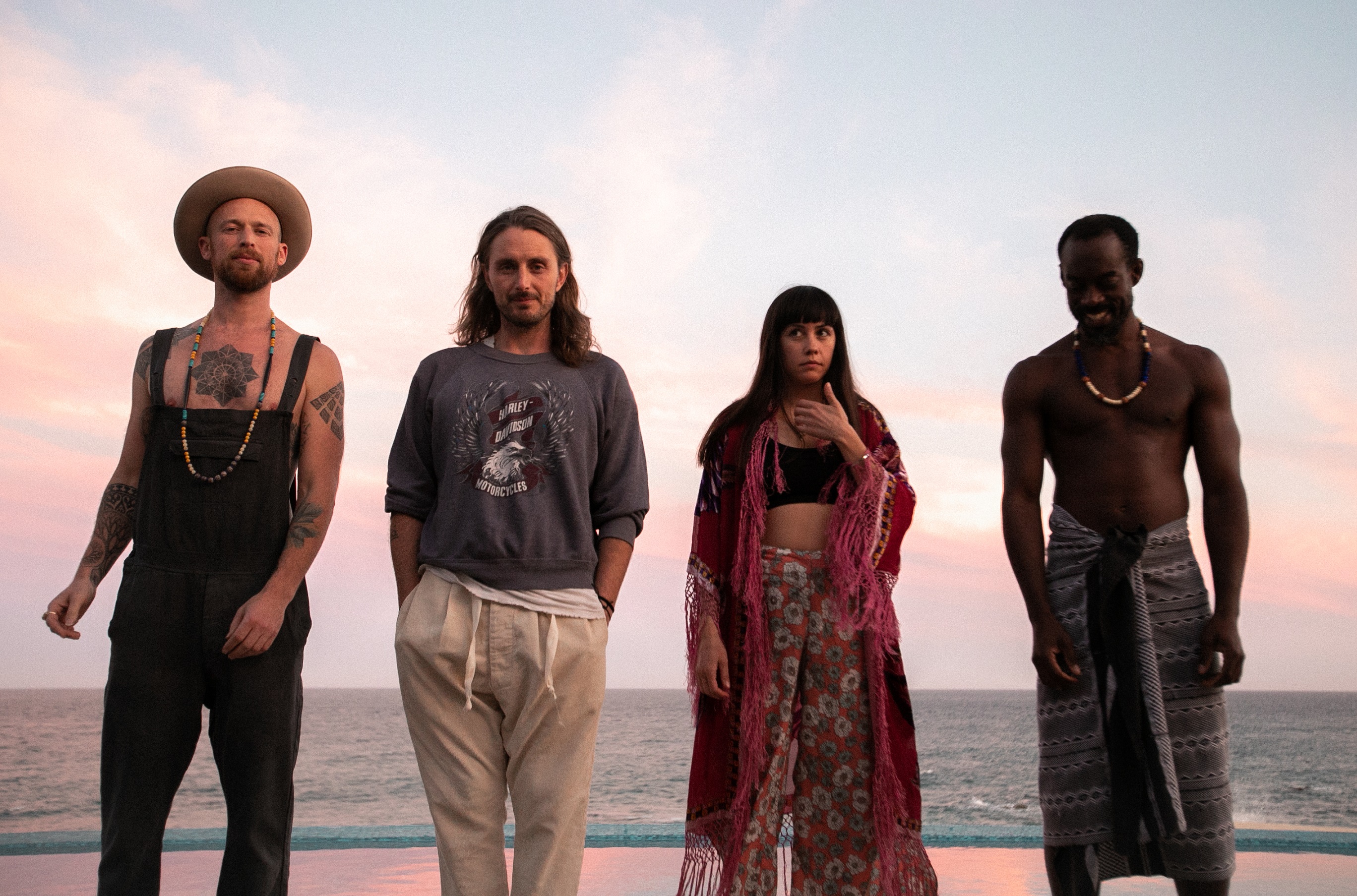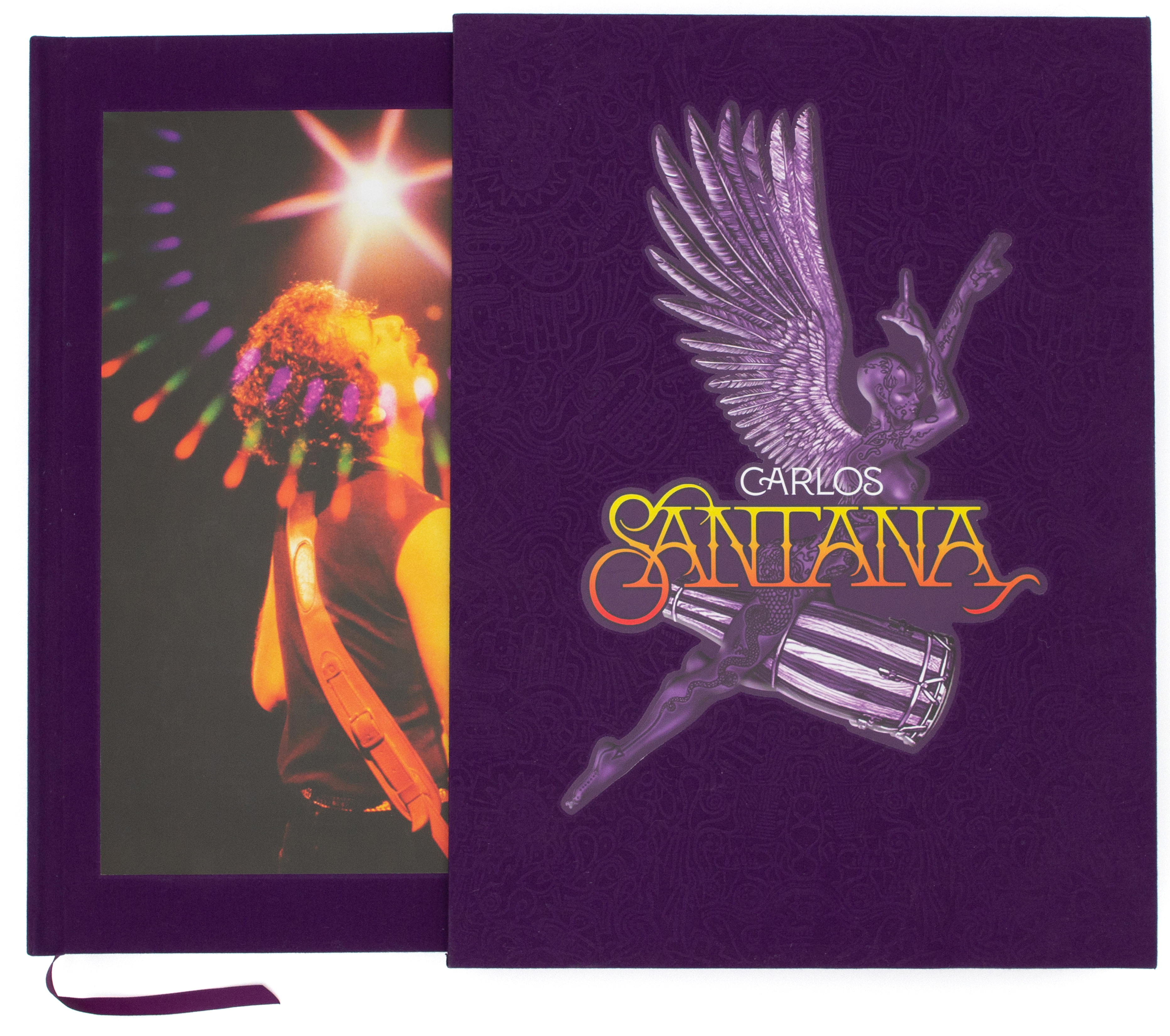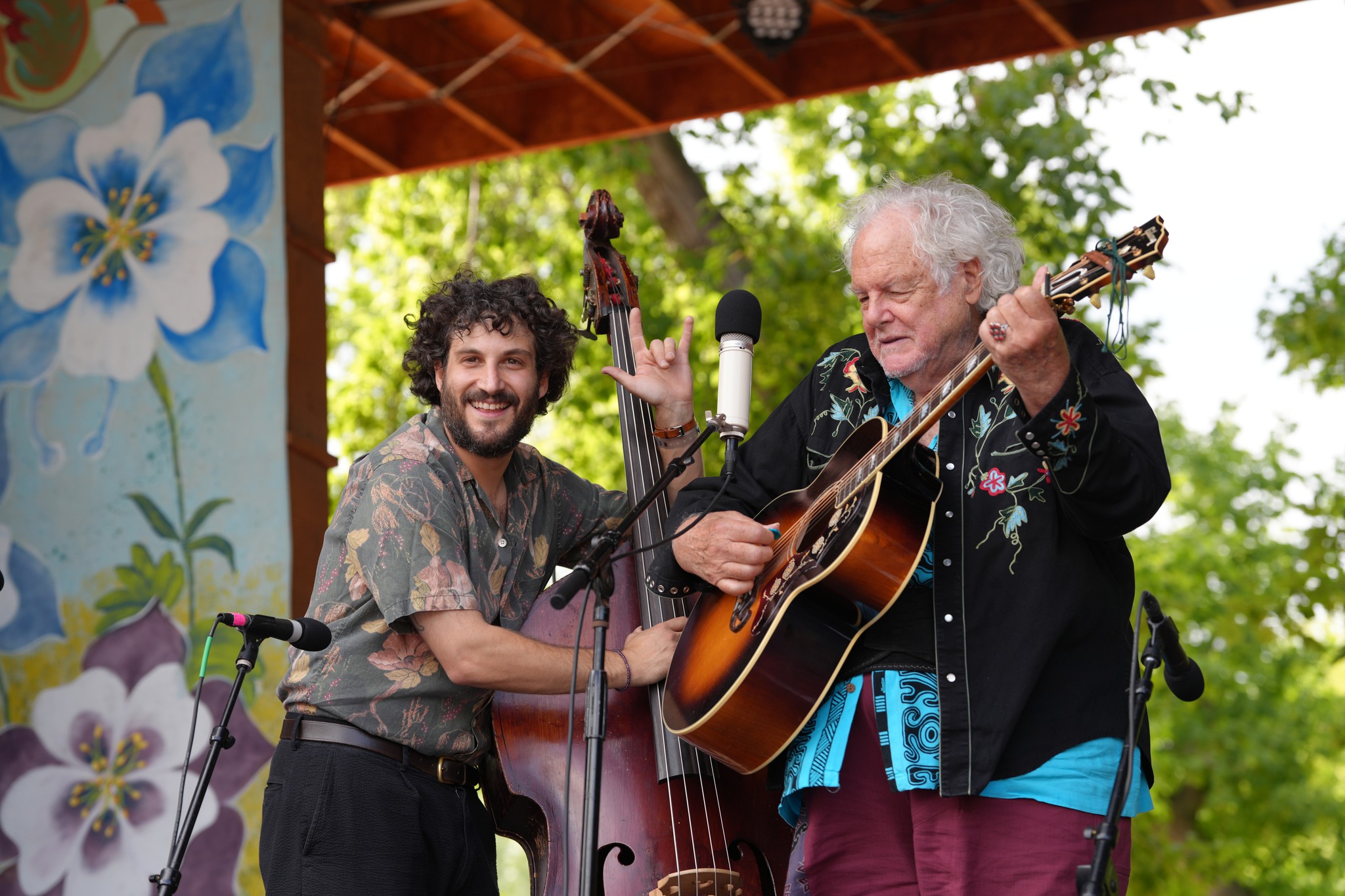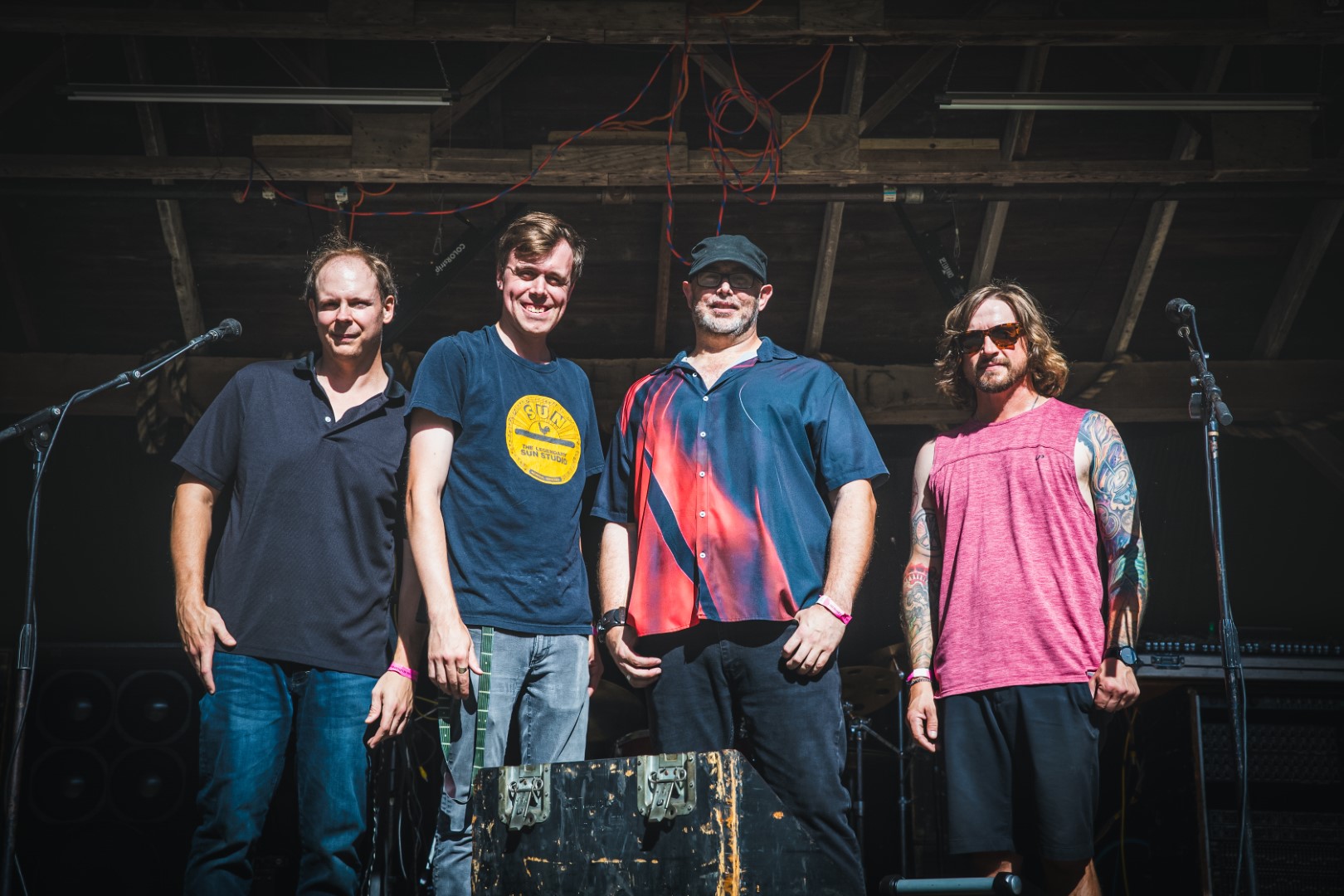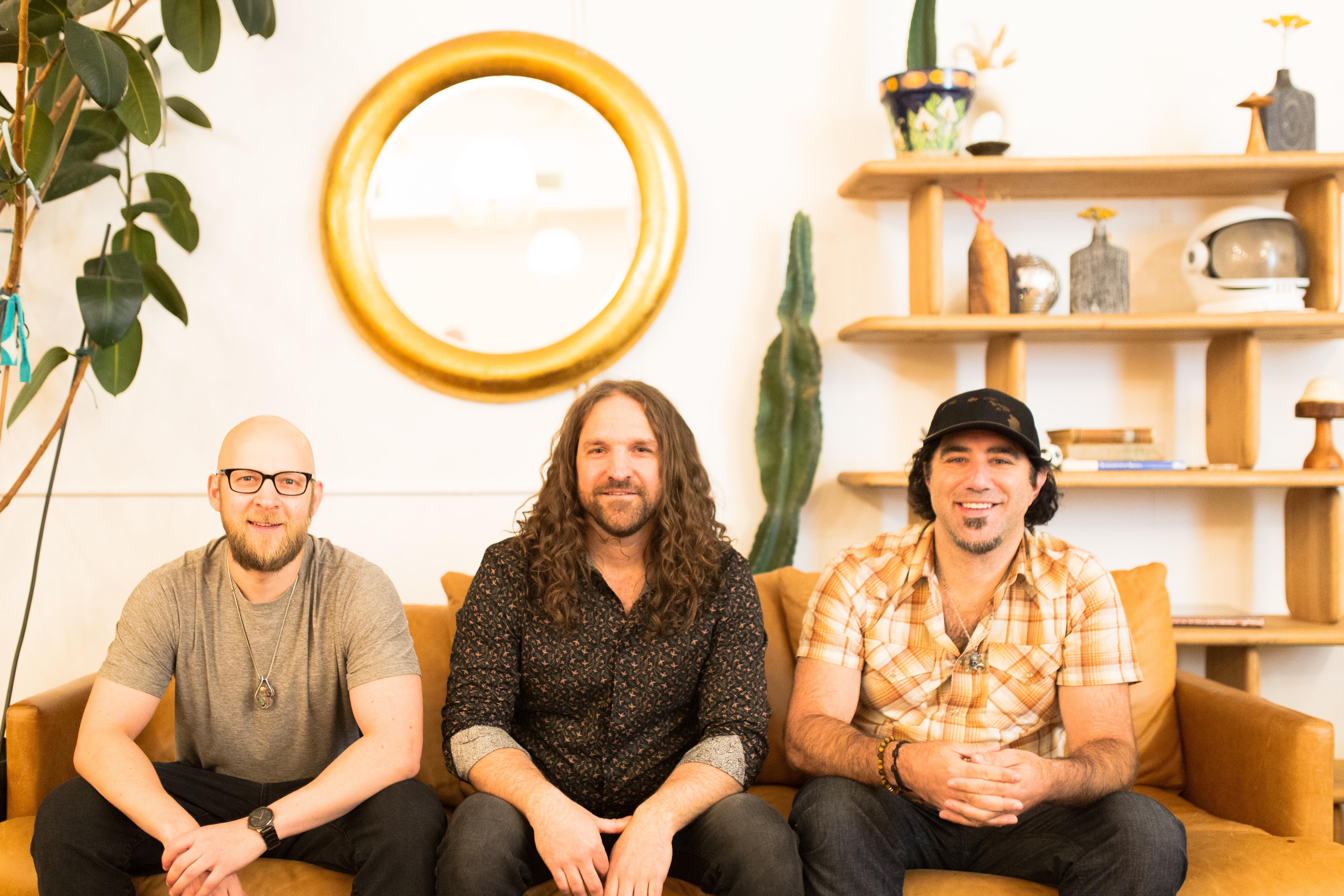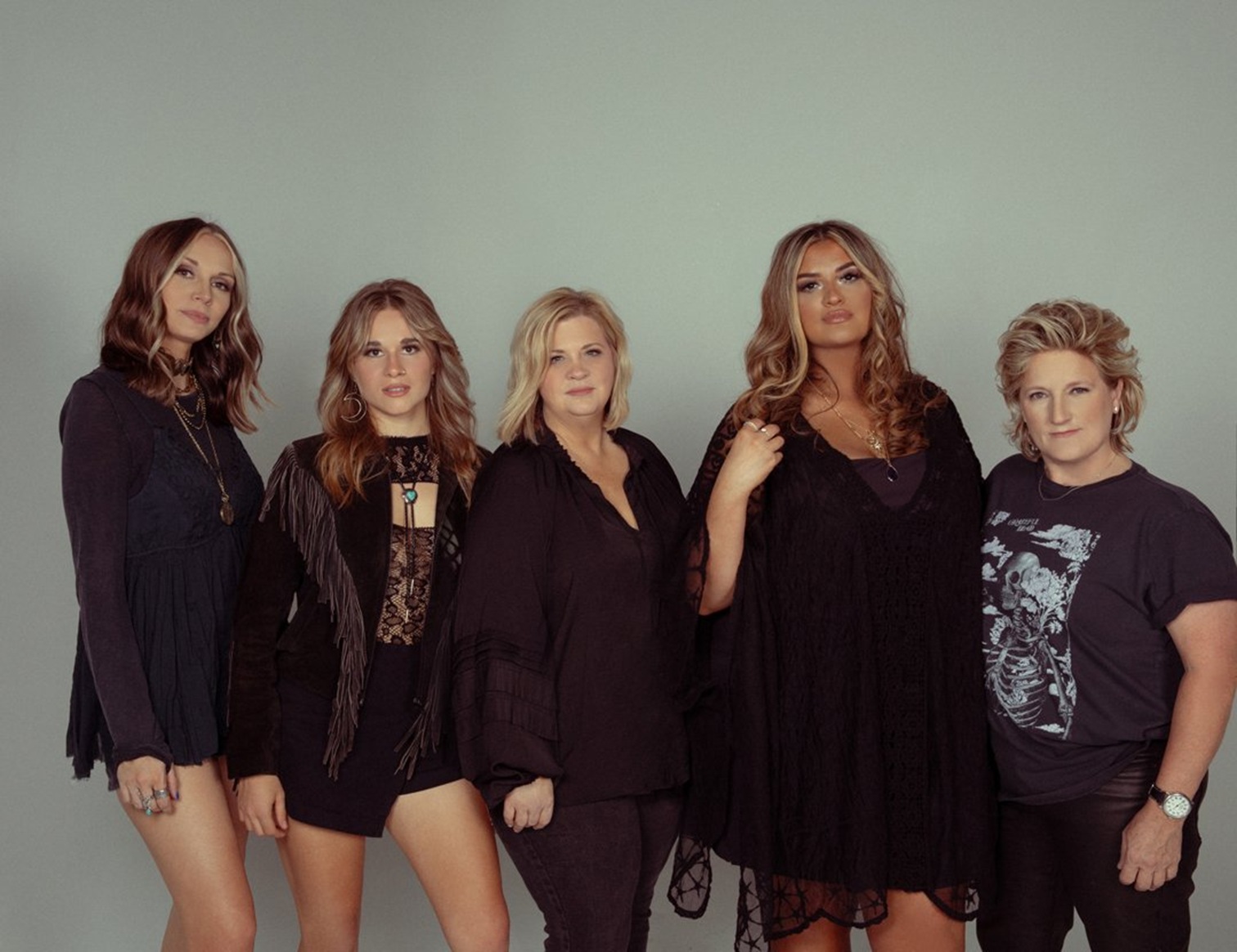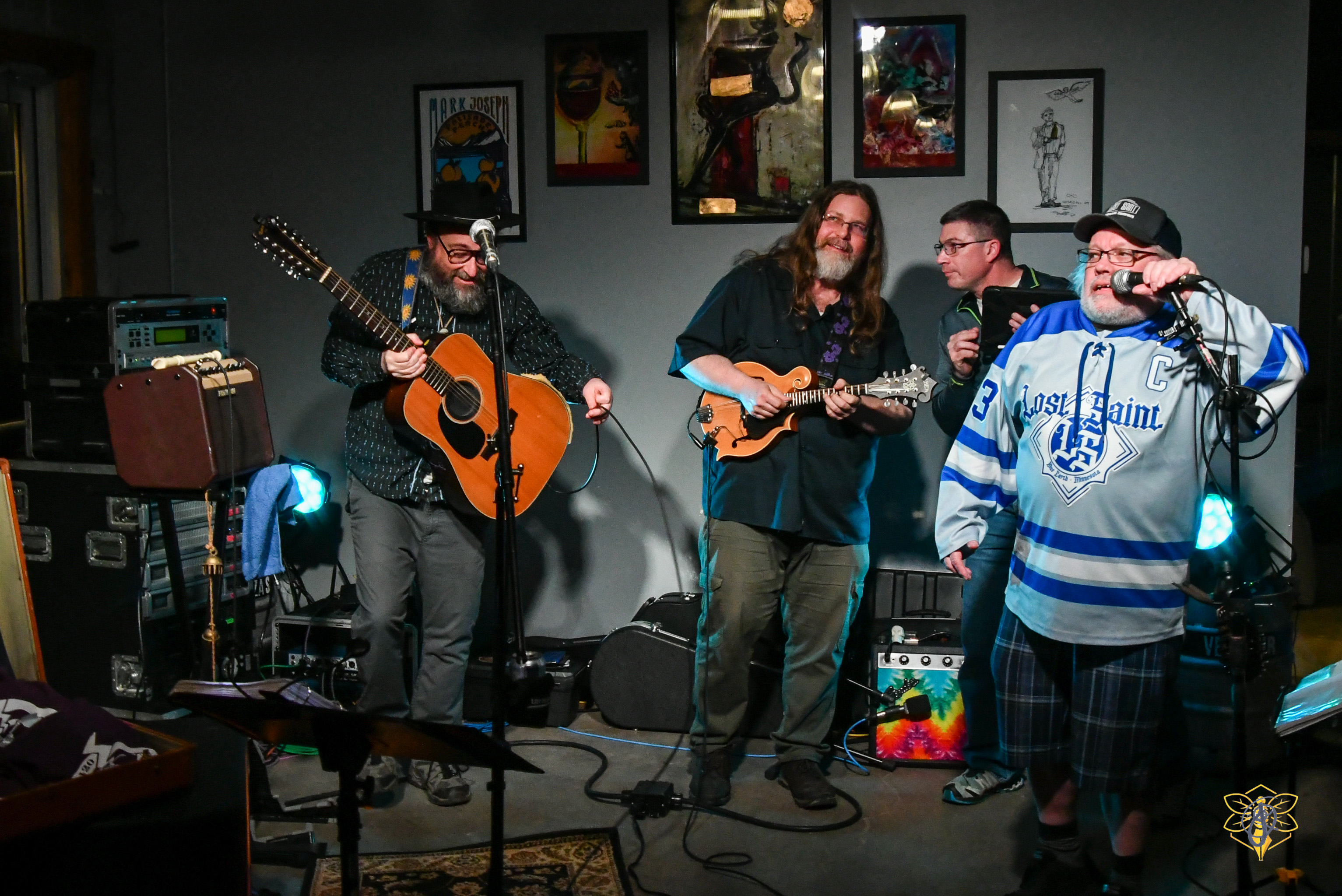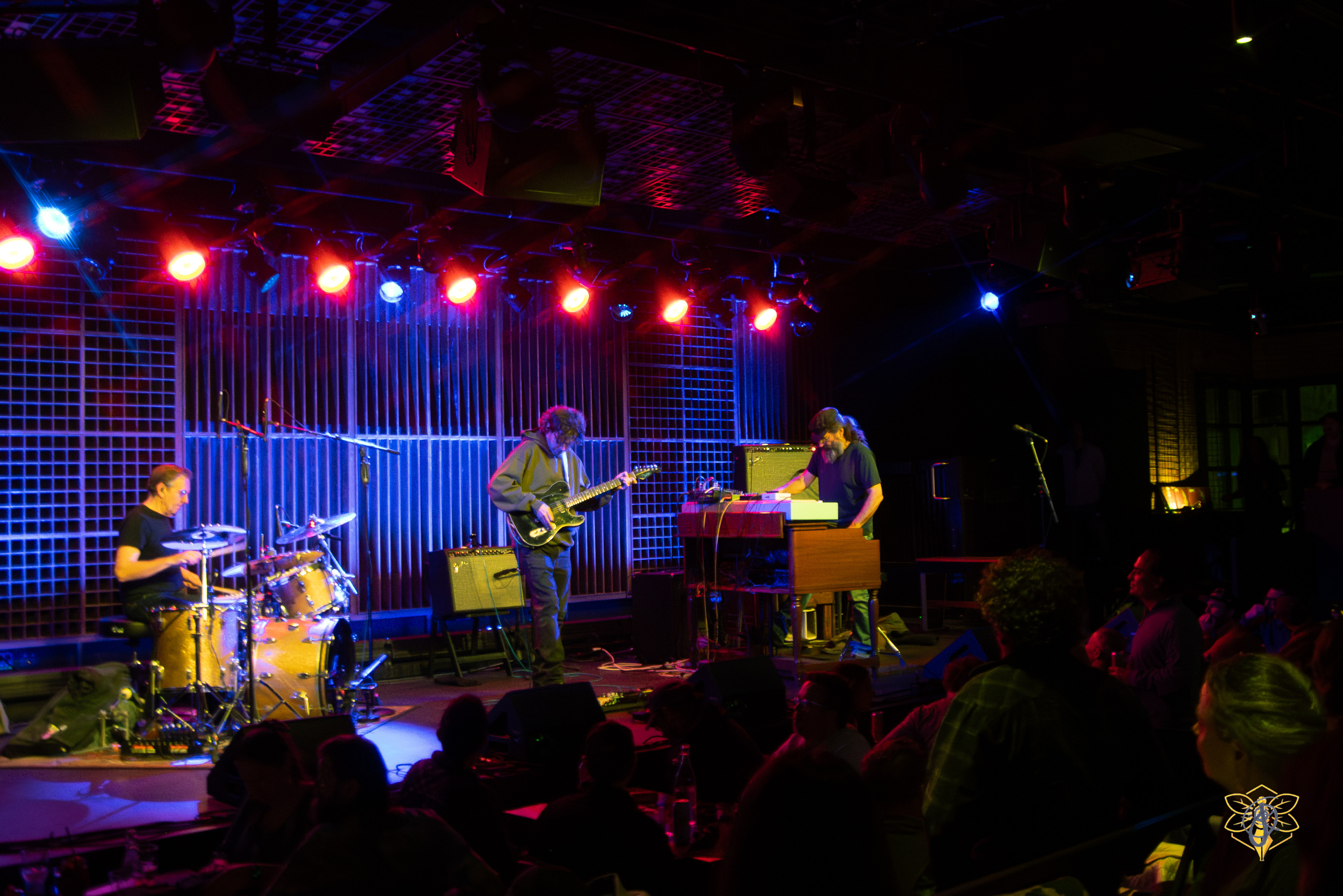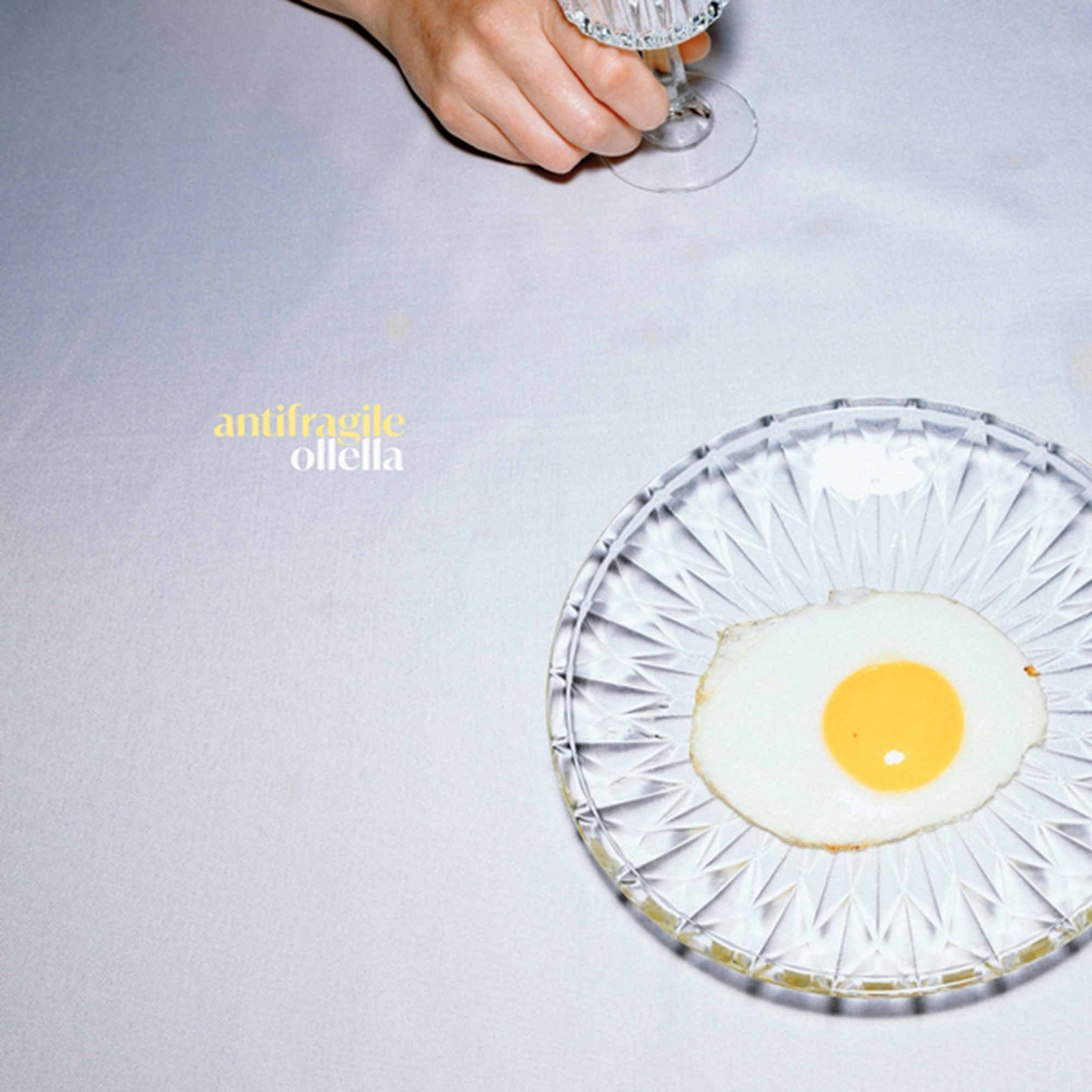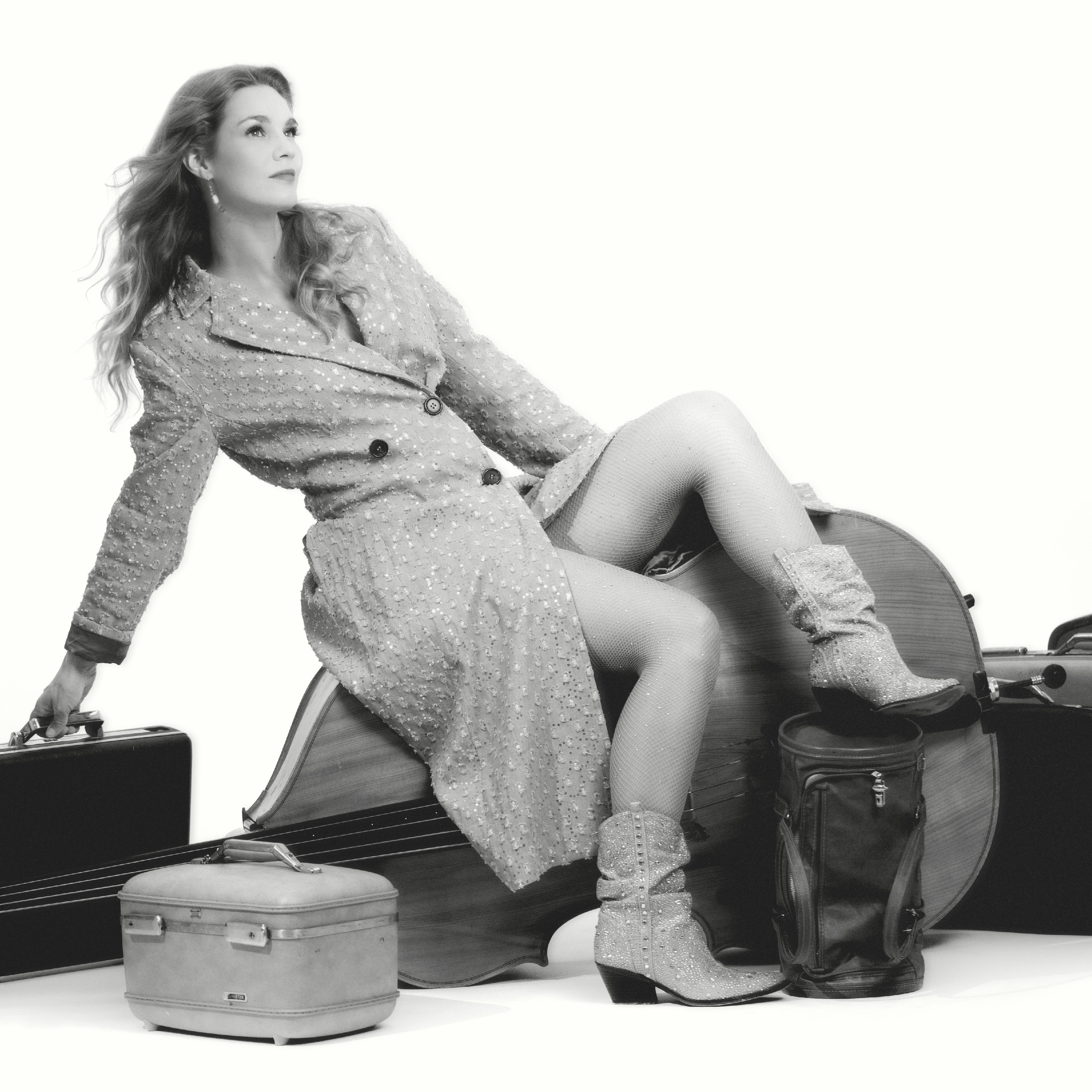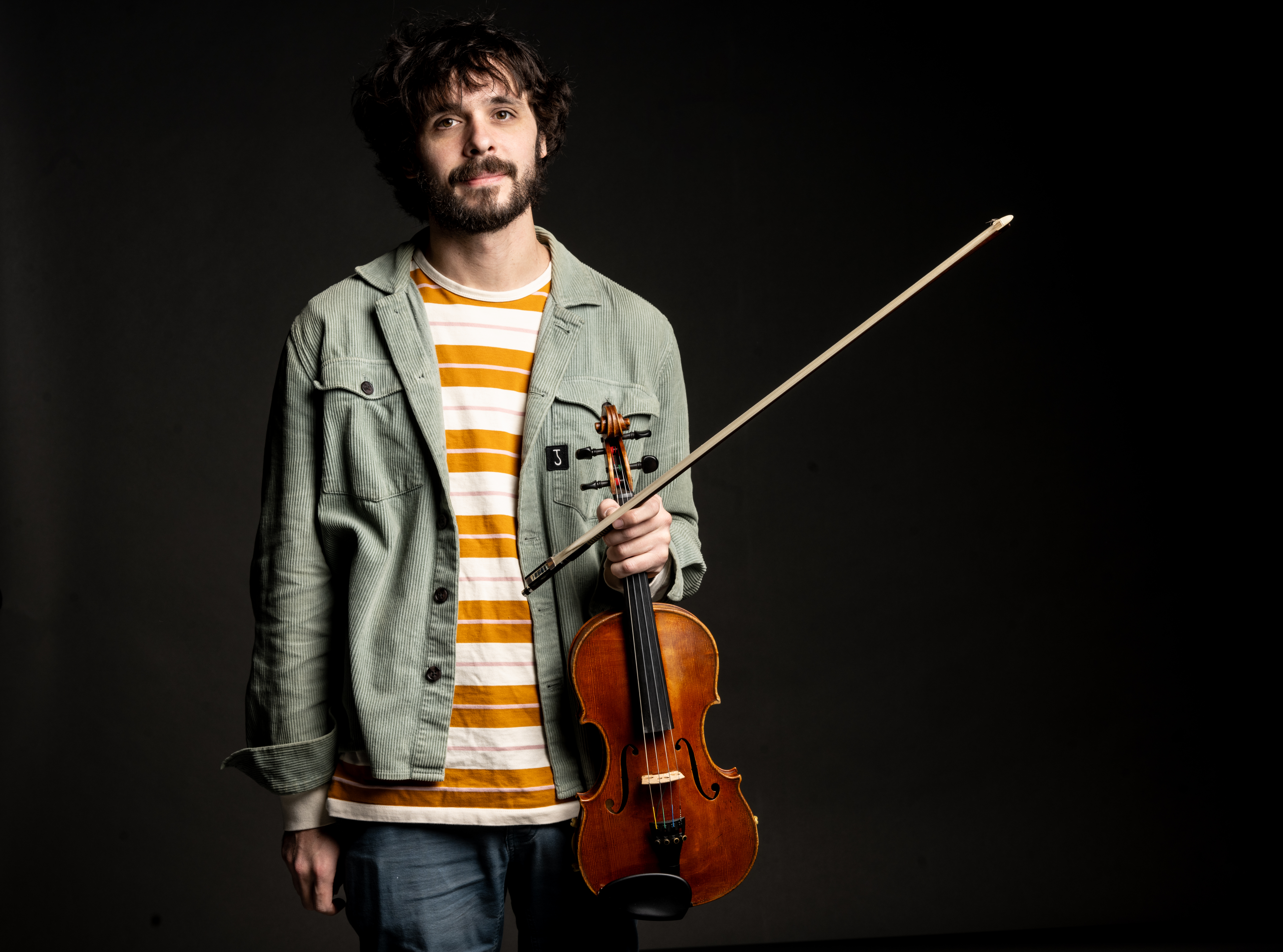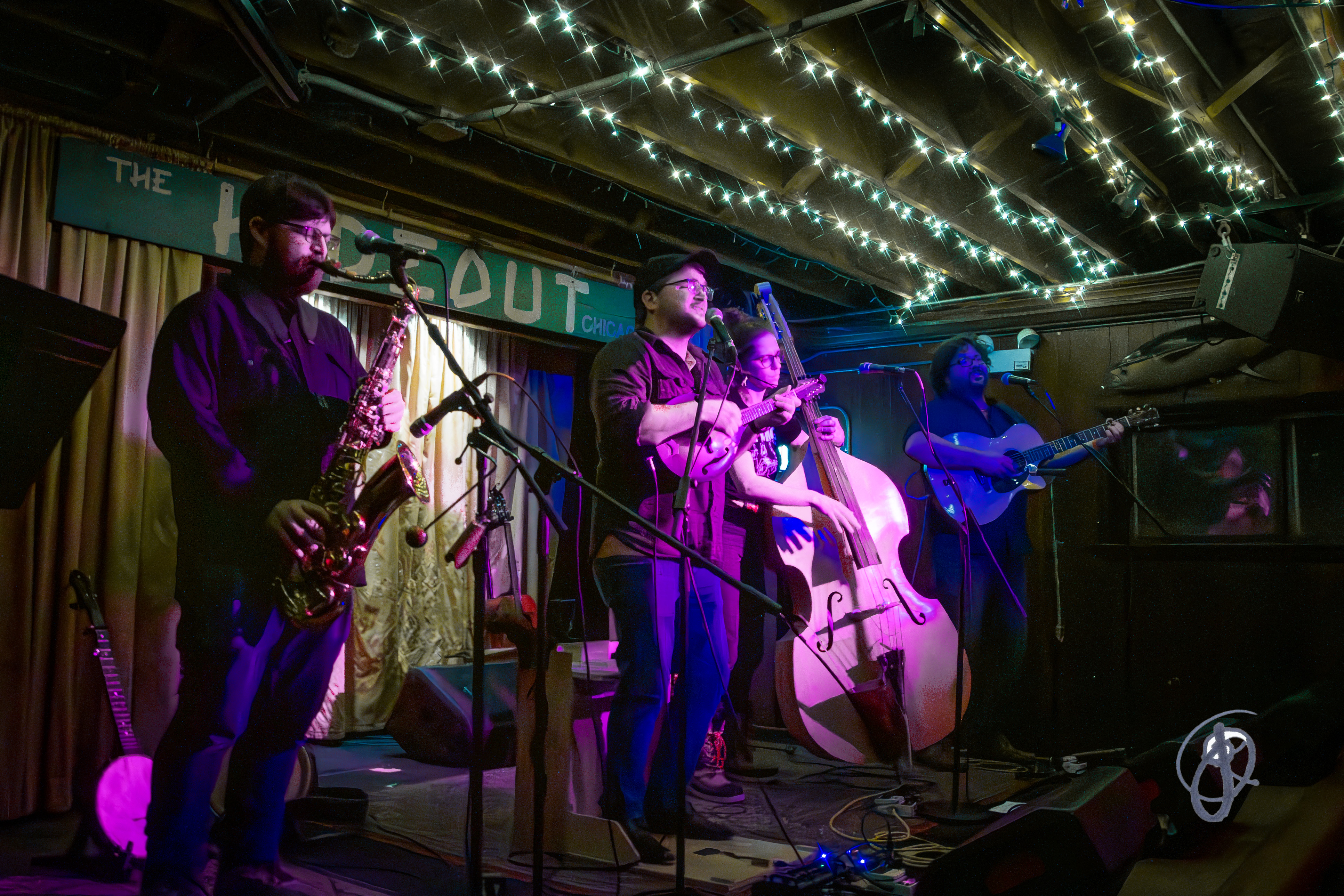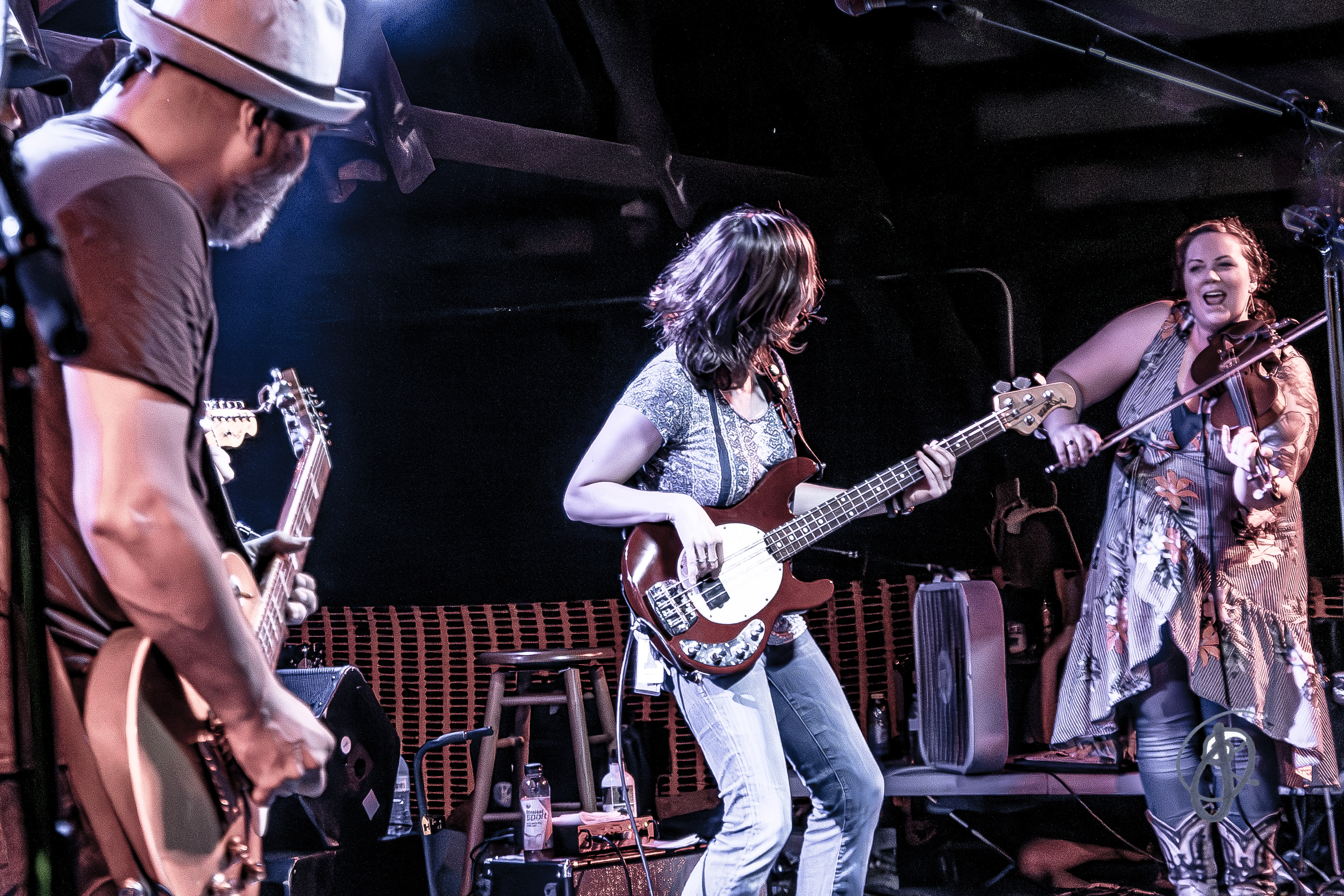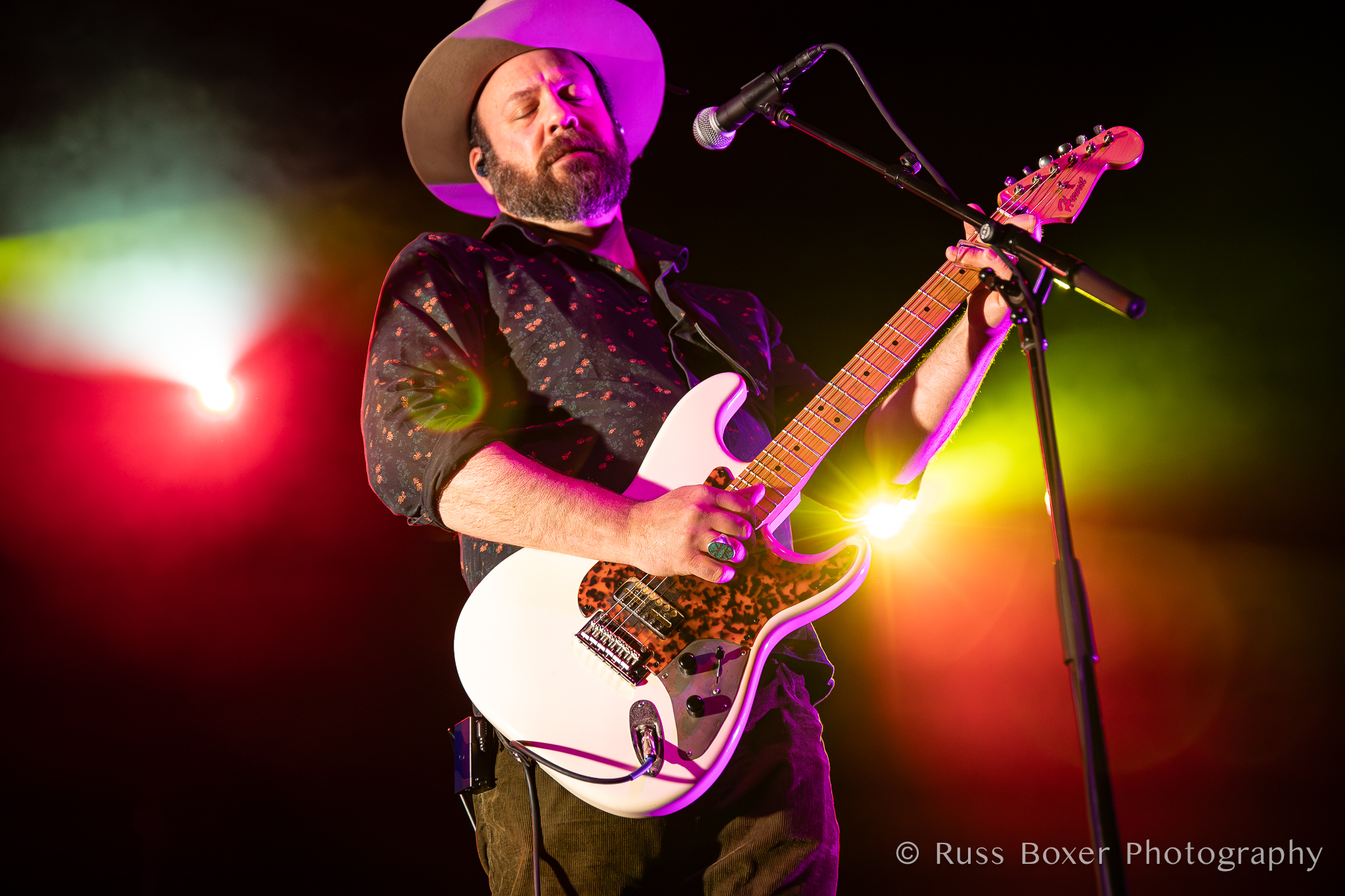At home at a nightclub or backyard in the California canyons, Gone Gone Beyond has stripped down from the laser shows and pyrotechnics to encapsulate it all inside the music. The new album 2030 asks the question, “Will I see you in the year 2030?” meandering to an answer about what is going on around us these days. Having faith in nature, the cycle has brought together these 4 diverse musicians to create a sound greater than the sum of its parts. With angelic voices in harmony, 2030 will soothe your soul. Grateful Web recently had the chance to speak with all four members of Gone Gone Beyond: Kat, David, Danny, and Mel.
GW: You have such beautiful wordplay on the new album 2030, do you have a favorite poet currently?
Kat: A lot of what I grew up reading was stuff from the Beat poet era. I was really inspired by Big Sir when I first started going there when I was like 18. I started reading a lot of Alan Ginsberg and Walt Whitman and William Burroughs. I feel like what I was inspired by, especially in my early years of adulthood, was poets from that era. And then, you know, like I remember being younger and reading Edgar Allan Poe. I think nowadays a lot of the poetry that I hear is in songwriting, Some of my favorites, I guess, poets like singer-songwriters, and some of the ones that I feel really inspired by right now are Adrian Lanjer and Big Theif. She's got a few albums as a solo project, and I'm just really inspired by her poetry. And so she's definitely somebody who I've been listening to a lot lately over the last year since they discovered her and her songwriting, inspiring and inspiring me. There are some local musicians here that I've actually had the pleasure of playing and traveling with, like Joe Koplow in Santa Cruz, who I feel like his writing is very kind of storytelling, poetry. The poetry that has inspired me so much is the Tao Te Ching and I find so much poetry in that kind of spiritual text. And it reads like poetry, but the meaning of it is, well, complex. It's as simple or as complex as you want it to be. Its kind of like the arc of some of my favorite poetry is it's not necessarily implied it's something that has to be extrapolated, you know, with your own mind. And so I say that's a text and then, Yes. Khalil Gibran
GW: It’s beautiful.
David: You were asking about the poets and influences and things like that.
GW: Yeah, I was. I was saying to Kat that you guys have such beautiful wordplay that made me want to know who your favorite poets are
David: Oh Nice. Danny likes that Milk and Honey book. (laughter)
Danny: But, you know, I don't really read, you know, like I like to write poetry, but I never really think to read it, you know, but I think I know from the same Beat generation and so on and a lot of. Yes, spiritual texts.
David: I've been studying Tao Te Ching for 15 years now. That's a really great one. It's like eighty-one precepts, eighty-one short pages that you can read a million times I think that we all have a lot of studying of different spiritual teachings around the world, but the difference is that we try to spin them around like stories like normal people like that like humans can relate to because we're about like this simple person. They're not just like we're not disguised in overly complicated language that's so directly about something spiritual. Do you know what I mean? Like, you read it and you're like this feels like something spiritual, but it's not.
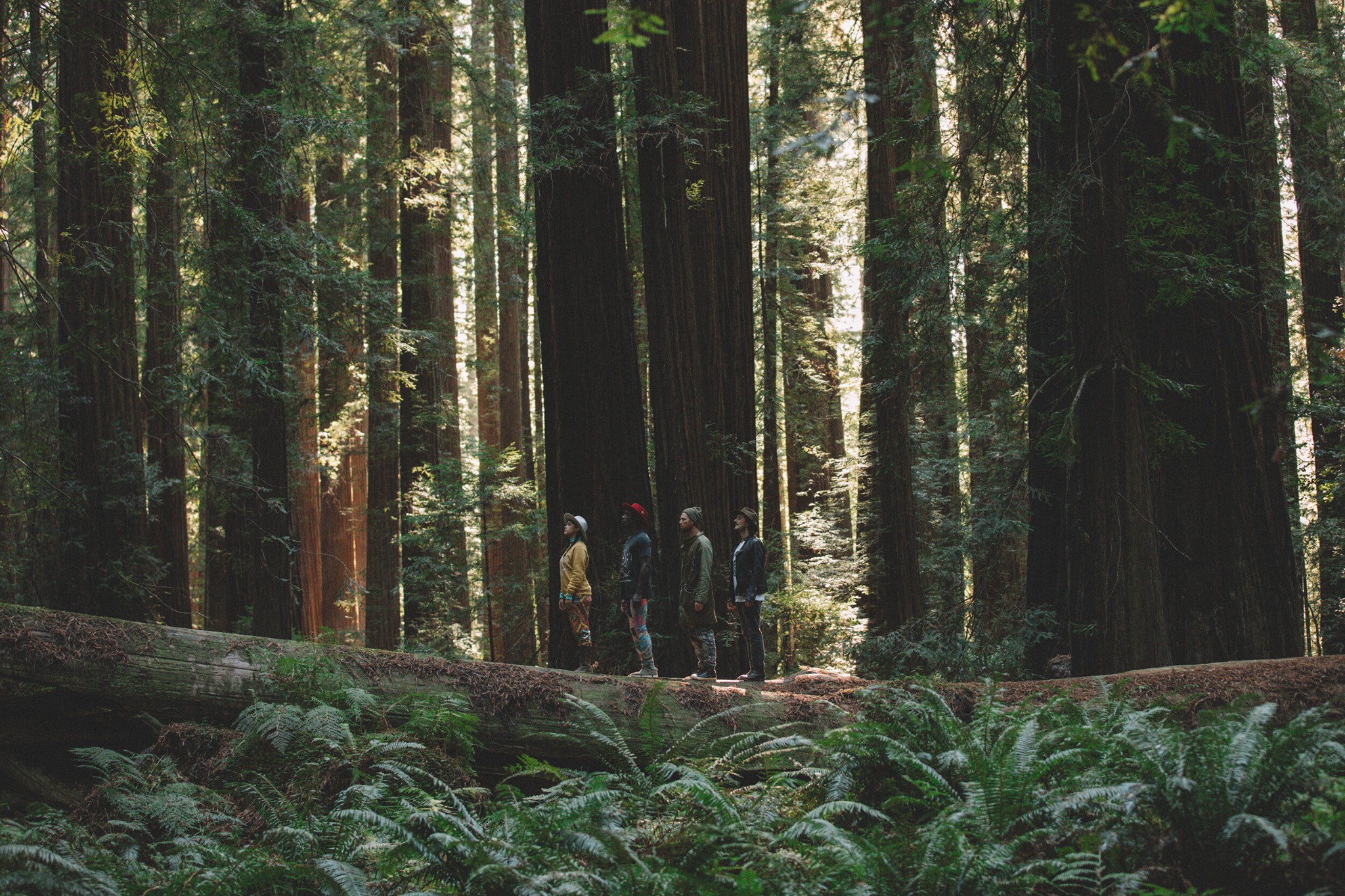
GW: One note I made on your music is that it’s got an angelic quality. Scripture definitely has an ethereal quality to it. You can tell your influences
David: Thanks. Music is a very spiritual experience and the way that we come together has been a very spiritual experience, but not in the dogmatic way, which has been so interesting. And I think that we all have had so many life-changing experiences. The music was just as much as the music creators.
GW: Let’s start at the Roots. How long have you been playing together? And can you tell me about your group forming experience, coming together?
Kat: We've all kind of playing together for a different amount of time because David and I met, I think five or six years ago now. We started writing music on day one of meeting. and then David also met Mel and Danny separately. So maybe you can speak as to when you met them.
David: Yeah. So basically what happened, Kat and I met first. And I have a project called The Human Experience, and part of my journey has been creating with every human experience album that has come out has been like eight to ten different artists that I've collaborated with. And that was kind of always the foundation of it. All the leading stories are pretty insane, but I'll spare you the details. But basically what happened was we ended up we do these things called the Lost Art of Listening, which is of these immersive listening parties where we listen to it whenever we finish a new album. We host these parties where we'd have a thrown-off ritual. Everyone turns off their phones, they're not allowed to talk to anybody. And we just listen to the music in silence together, cover to cover. So it's pretty amazing. Like, you can roll around, you can dance, you can make animal sounds, you can do anything. As long as it's nonverbal communication and you're really actively listening to the music. We do a guided meditation at the beginning. So people are really, really listening to the music. Anyway, we had we were doing one of those for an album that we thought was finished. That was just me and Danny going out and it happened to be that Kat and Mel were in town visiting from Barcelona. And Kat had come up to perform a couple of shows. And at the end of the listening party, I was like, oh, well, here's some music that's coming up. It's like, this is me and Kat. This is me and Mel, which is me and Danny. So basically four bands. And I was sharing some of the songs from each of the projects, but Kat had learned a few of Mel's parts, Mel had learned a few of Kat's parts. Danny learned this. Everyone had learned it because we've been hanging out for a couple of days. And so everyone kind of just jammed a little bit at the concert and at the end of it and a friend of ours came up and was like, oh, my God, Gone Gone Beyond, the four of you. It's an amazing band. And we're like, no, no, that's four bands. Gone Gone Beyond is me and Danny. Then there's me and Kat, me and Mel and then each of them are virtuoso solo artists. It's not one band, it’s four bands. He said no, it’s one band. We had never thought of that. And what it would require. It would require so much effort to be a band. Mel has two kids in Barcelona, Kat has her daughter. It's just required so much effort that we've never even really even thought it would be possible. So we at the end of it we were like that's a really interesting concept. And we decided to go for it later.
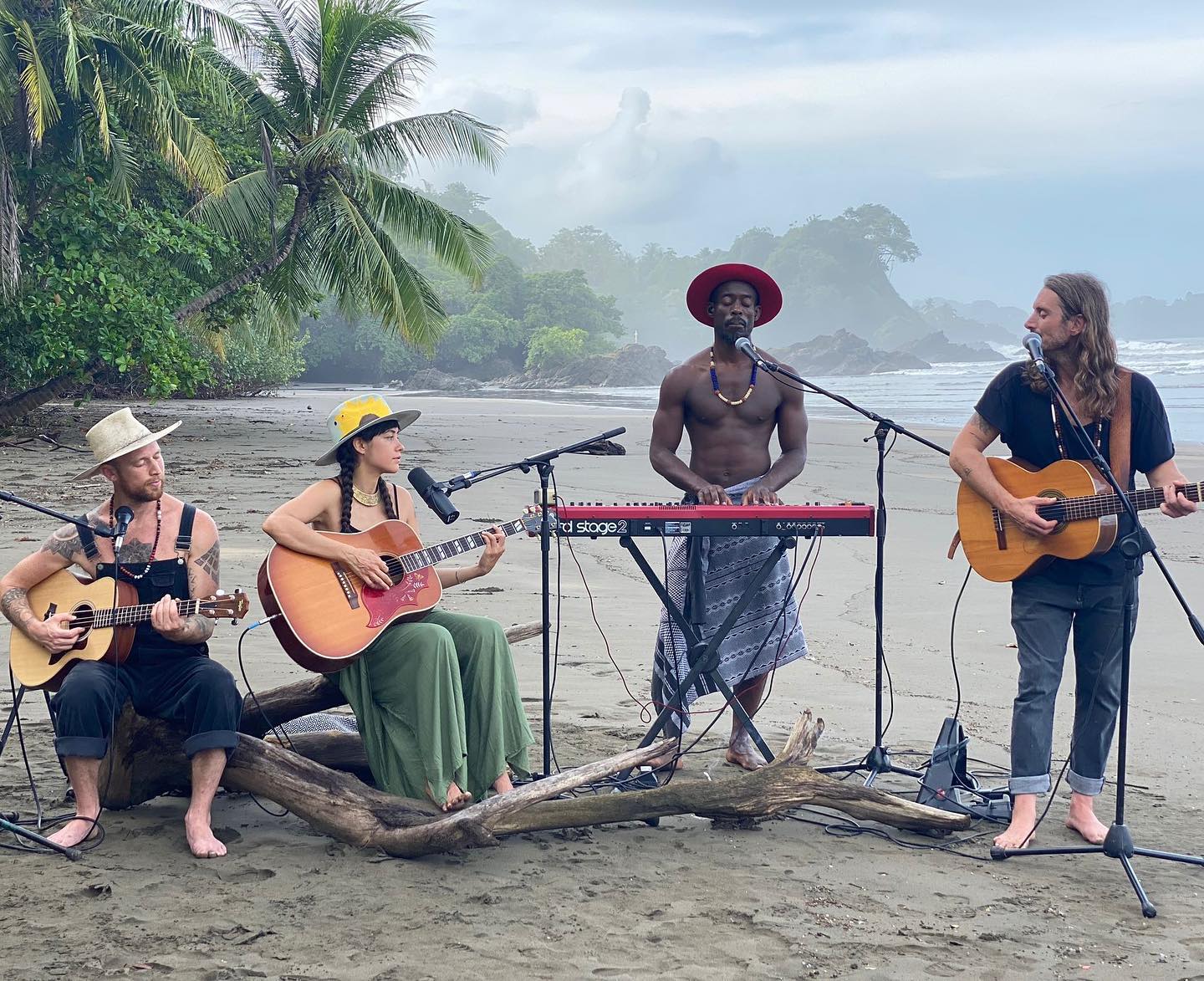
Kat: The universe found a way for us
David: It's been an unbelievably challenging, fulfilling, Genesis story.
Kat: Like all of us being in one country in sync…
GW: Or at least in one time zone!
Danny: To make that leap of faith has definitely… We really had to believe in it. It was different than gathering in high school in a garage, you know, It took doing. But I think it paid off, you know.
GW: Well, the intention is very audible. Can I ask one question for each of you? What was the instrument? I know that you’re all multi-instrumental, but what was the instrument that got you started into the journey of music?
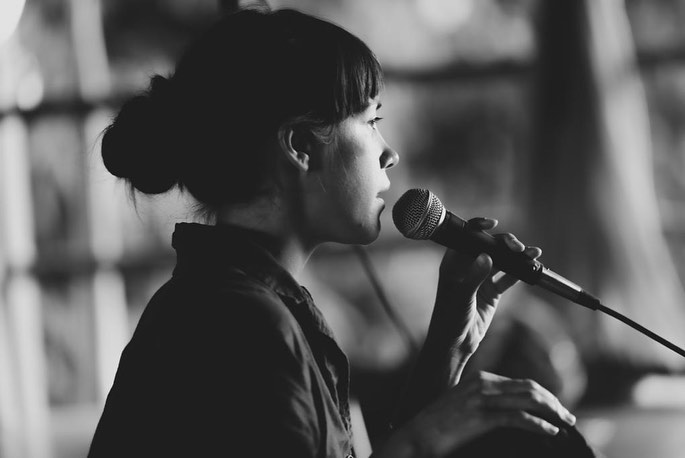
Kat: Voice for me, for sure. I started singing with my dad from the time I can remember having memory. My dad was an Elvis impersonator. I was singing with him when I was four or five, but that was my first instrument.
GW: Elvis impersonator, no kidding. That's fantastic.
Kat: He is a Filipino Elvis impersonator, another plot twist
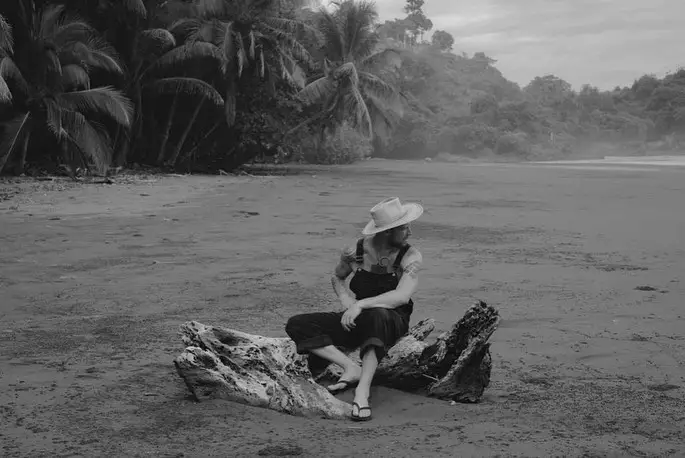
David: I started playing classical piano at six. I quit piano when I was 12 because I thought that piano is for losers.
GW: Rebel!
David: And I started playing guitar and then I realized that piano is incredible
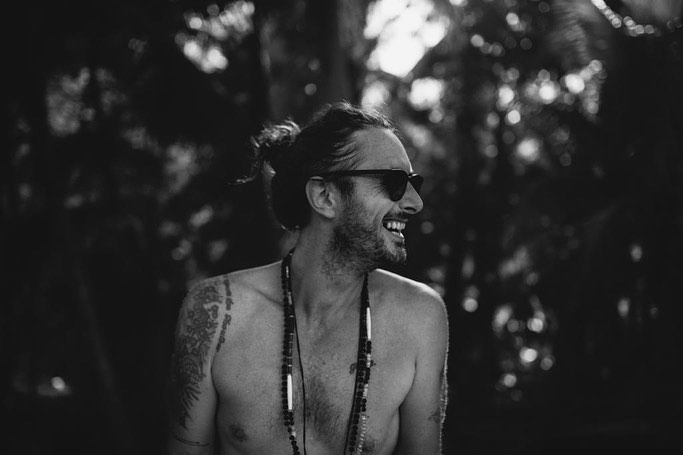
Danny: I think mine was vocals - My mom used to take me up to the nursing home when I was like five, six, and make me sing like gospel songs to all the people at the end of their lives.
Kat: Danny and I have the same story in that way. My dad and I did convalescent homes every weekend growing up.
Danny: You've got a whole captive audience to yourself.
David: We still had Mel on the call?
Mel: Yeah, I'm here.
GW: Can you tell us your first instruments? Drums, right?
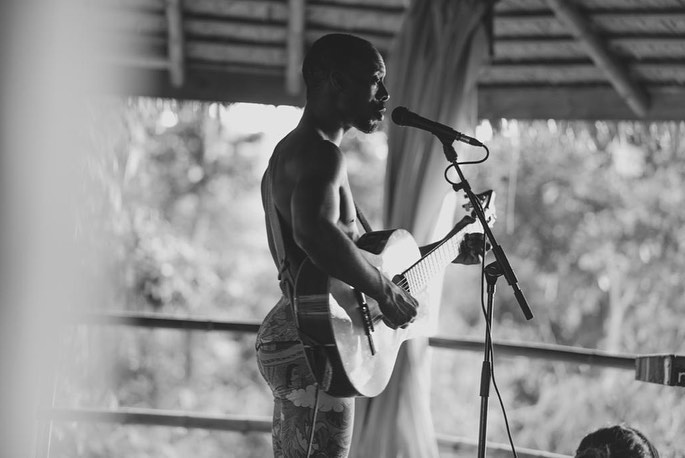
Mel: Yes. Well, my guitar was the first thing that I learned to play. Also in church, my brothers under the number 12 drove us.
Kat: Mel and I both have eleven brothers and sisters.
David: Did you say, 11 brothers?
Kat: Yeah. Seven boys. Five girls for both of us
David: Incredible. I think it's interesting. Yeah. It's interesting how much I think people came from learning music, that was spiritual music, Mel and Danny and everyone and like I'm Jewish. So like I grew up like every style of music that I love was music from, like all Jewish music is very like minor keys. It's very melancholy. And I think I might not have really created some of this music. Maybe I'm re-creating this stuff?!
GW: And you mentioned the minor chords, your track, Another Earth was already released and in that song there, I kept hearing those minor chords. It was the minor chords that result in, almost like I had a popcorn kernel stuck in my tooth. You know, it's warm. It gets up in your head and it lodges there. And it's not in a bad way, like a normal minor chord down. Can you tell us more about Another Earth?
Danny: Yeah, I think the intention was to leave you with that anticipation into the drama of that song. You know, the reason why there was never a beat put under it, was sort of to create that tension that I think the lyrical content, everything is between the piano and the guitar going at the same speed. Yeah, I think it creates a move that is unique to itself.
David: A lot of our music is kind of happy, sad music. It's melancholy, but it's not sad. It's not like a longing, it's like there's a longing in the music. But there's also that resolve of getting what you're longing for.
GW: In my notes about your album 2030, I wrote that some songs are upbeat and playful, while others are haunting and foreboding, especially Marigold at the end. In writing this album, can you give me a little bit of a time frame because I don't think you wrote a song one first and song two second. It goes all over the board!
Danny: It started over two years, getting it all together and everybody meeting and like really living with each other. I think starts to affect the writing and was sort of you think you can't really sit down and write a song, you know, you have to sort of live a life that deserves to be written about. I think as time went on and we're doing this together, it got exciting, you know, the places we were going and the people we are meeting and the adventure of it all. I think that's why there's this two-year process, like really going on this two-year journey together and writing about it.
Kat: We also wrote so many songs and we had to narrow it down because we probably have like three albums worth of music right now.
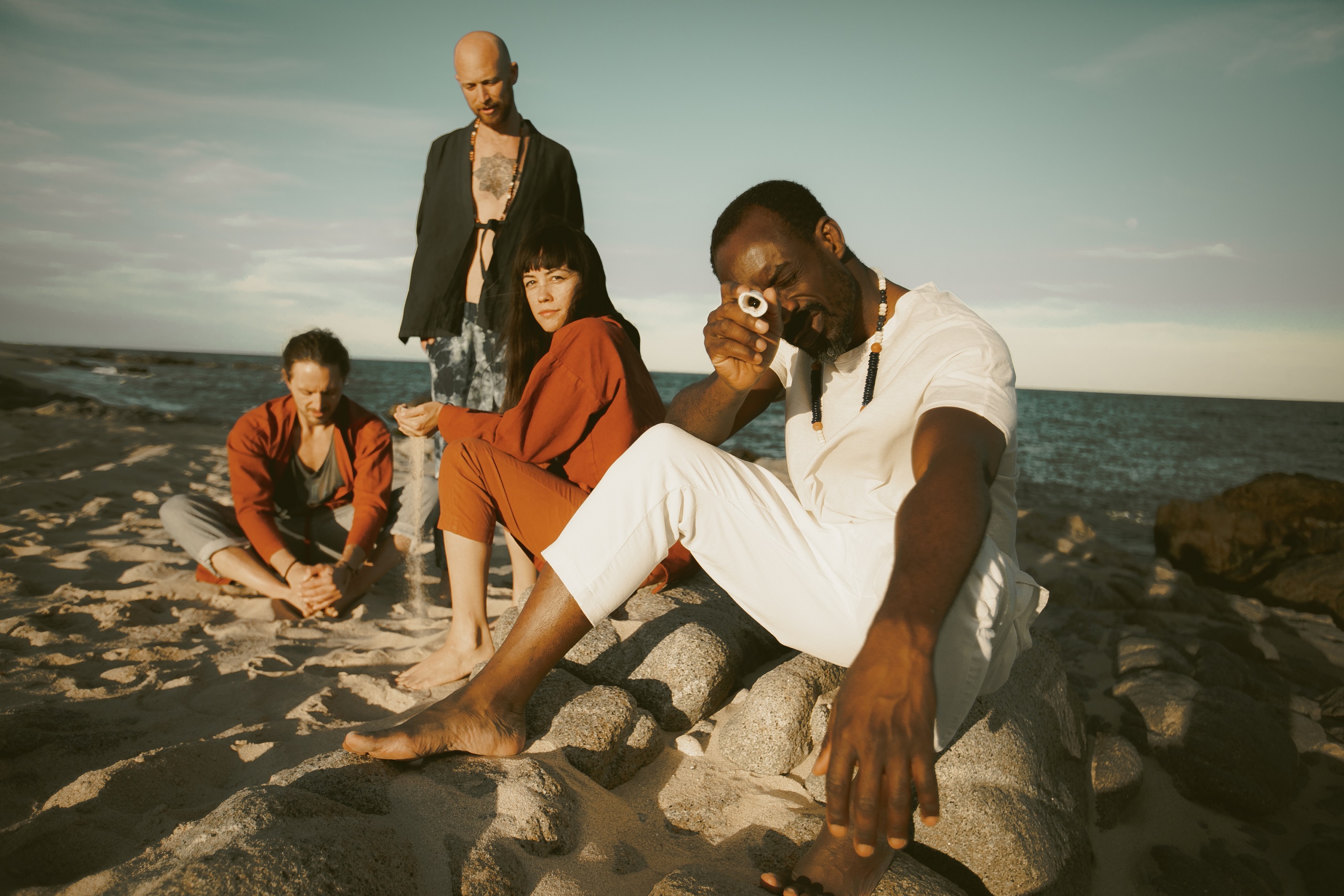
GW: That’s exciting!
David: Over 50 songs were written and about 25 or 30 were recorded and at least 20 were actually finished and mastered.
GW: There's going to be plenty to come?
David: Oh yeah. The songs that didn't make it on the album didn't make it because they weren't good enough. It was this Hero's Journey archetypal story that really unfolded. Ironically, we had two different names for the album, which were named after other songs. And both of those songs are not on the record.
GW: Funny
Kat: It was a process with these songs. Each song was reworked and reworked, Reworked in real life.
GW: Was there a sign? How do you come to the final conclusion? When did you stop futzing with it?
Danny: I think when it's right, it's right. It has that ring of, story or art. It was a lot of narrowing down for sure.
Mel: There was a lot of confrontation also because we all have different ideas on how to put together the sequence of the album and some of the songs that were going to be there finally or not. There was a bit of confrontation. Confrontation always based on love and understanding and trying to find the sweet spot. So I think after grinding our ideas and doing the brace on how to put all this together, we finally got to the moment, ah! This is it!
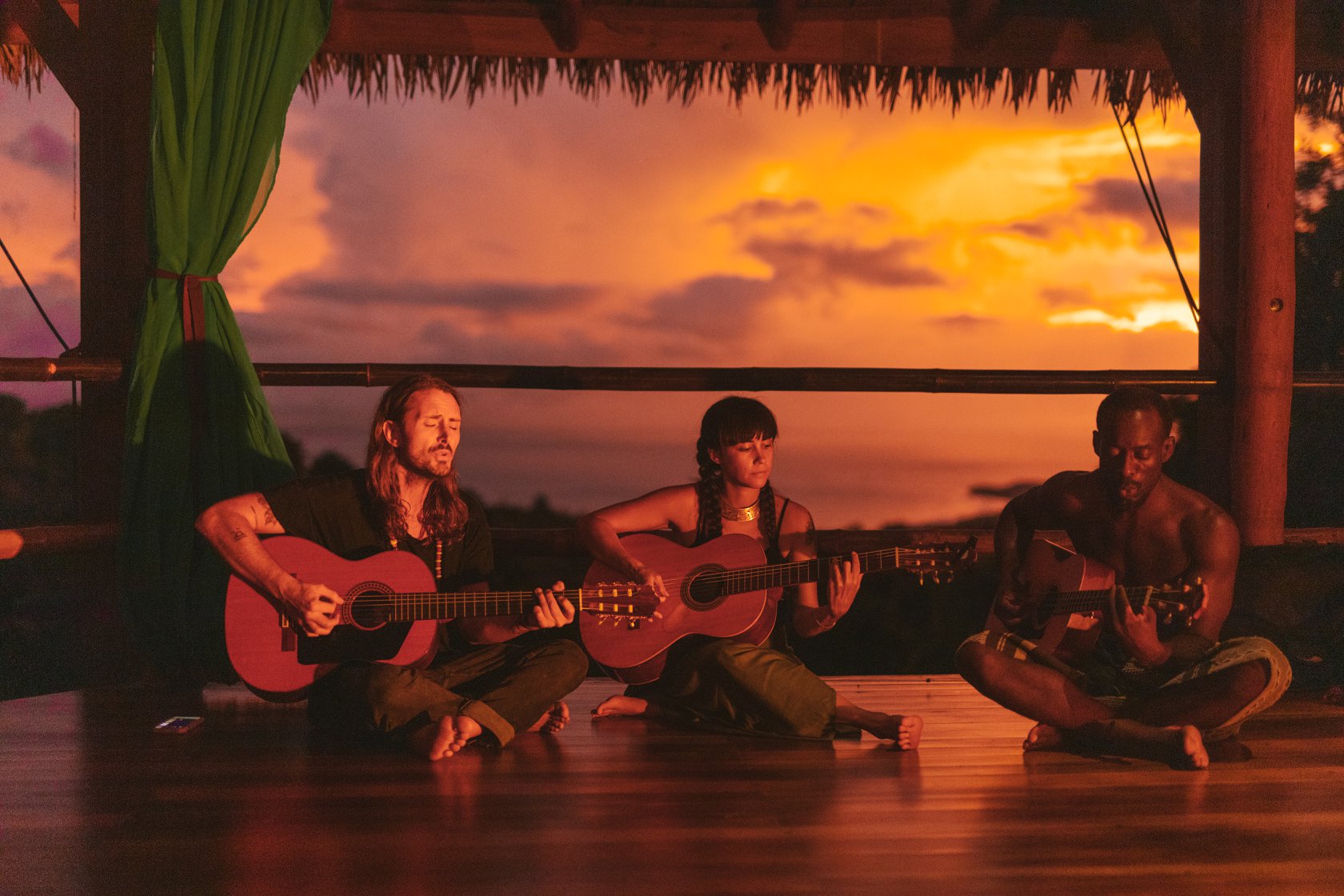
David: There were so many songs that felt so good that because of such a vast range of styles is like truly not in any one genre. There's really deep electronic stuff and then pure folk. There's country, R&B. There's soul. There are so many things that creating what feels like a cohesive narrative, which I feel like we ultimately achieved. I remember Danny said something like, I hate this. This is so unpleasant. We're dealing with the music that inspired my whole life. I don't understand how it's so unpleasant. Do you think that any band has ever made an album where it was just like, easy? No way, not a thing. Not a single one. Not a single album that you can think of on planet Earth that just popped out effortlessly. Now what? It's all about digging deep, deep, deep, deep, deep, otherwise, it really would not have even been valuable.
Danny: I know who you are and that's what you want. You want everybody to live and die under it. Lots of things, including this, regardless of what you have to do, require digging deep.
GW: So what is next on your horizon in this unlocked world? Obviously, you've got a lot more music to come. And even through the struggle, you can move forward. It's not like you're going to leave these songs like lost children behind, right?
Kat: Yeah. I don't know that anybody knows what's going to happen in the world moving forward. I think that one thing for sure is that we're always going to be making music and creating and refining our relationships and our skills with one another. So that's the only for sure, I think that we know we're going to keep playing music with how that looks in the future. We'll see.
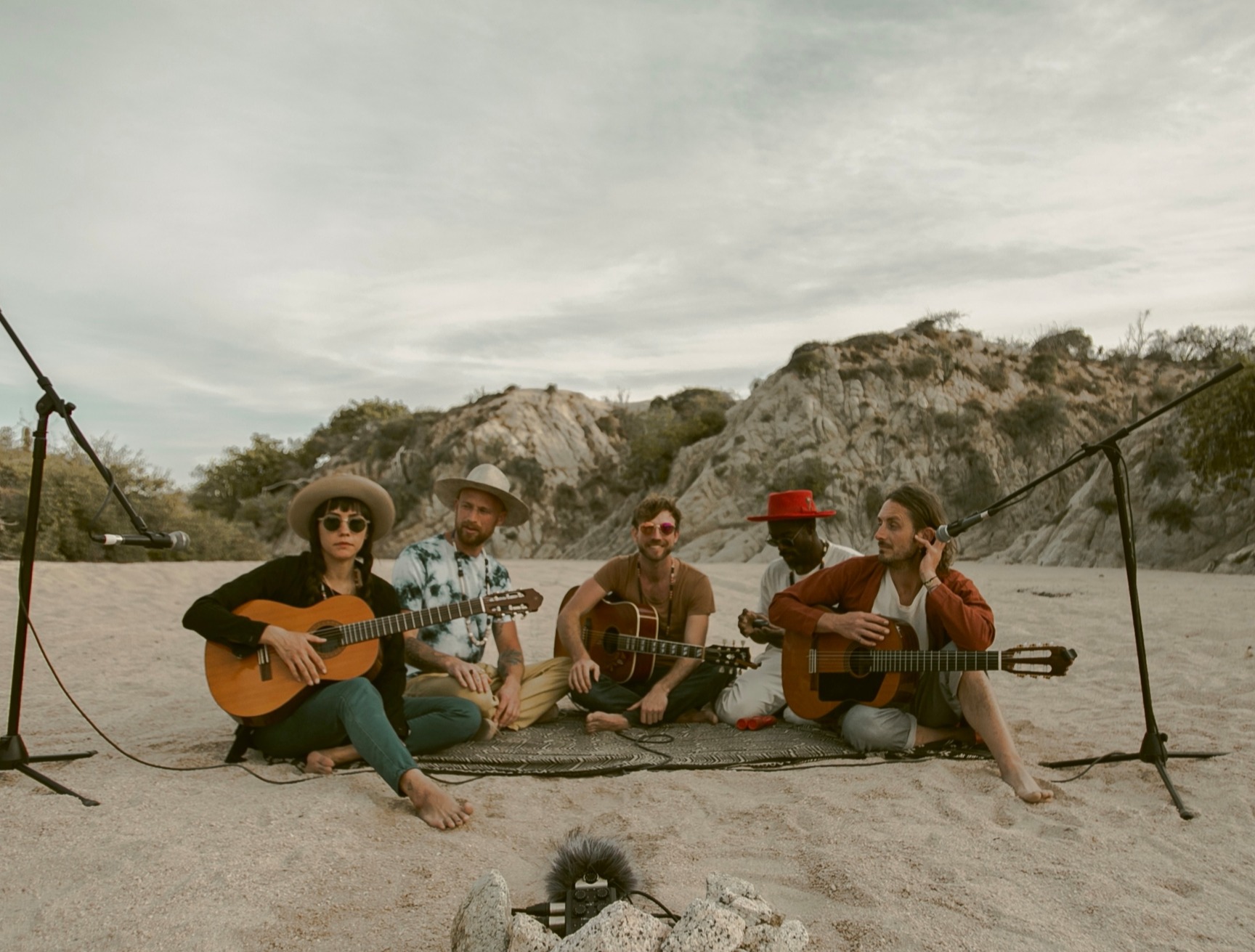
David: We came out of dance music culture in a way, right? Even up until a week ago, we were still listing, for example, all of our names individually on all the songs. I think one of the biggest things for me personally that feels overwhelmingly exciting about where we're going, is that I don’t know where we’re going but I'm sure it's going to be incredible. If you don't know where you're going, you can arrive at places that you couldn't even imagine. I feel like we're like we are becoming Voltron, like really unifying to be an actual band. I think that took a lot of really challenging work, independently and together to say, look, wherever we're going, we're actually going to go together and it's going to be Gone Gone Beyond. It doesn't need to be my name doesn't need to be your name. Because if we go all in, then, well, then who knows where we're going to go. I think that there are some exciting things on the horizon.
GW: Anybody else? Parting thoughts?
Danny: I'm excited to share the record with the world. I think we're going to push along the way and make videos for a whole album experience. I think we're all feeling it.
GW: I think everybody is so inundated with that bridge between the online worlds and beyond, Gone Gone Beyond, because I think it's going to be quite the culmination of all things. Live music has to return, live performances in conjunction with being able to reach beyond now that everyone is much more familiar with online resources.
David: Yeah, I mean, the cool thing is, is we have a lot of things that are coming up. One of the major things that we've been doing right now is just these really, really intimate, curated groups that are like 25 to 50 people. We've been doing shows in avant-garde venues with really fascinating humans to have discussions about the music, how the music makes you feel. It's almost like back in the day, like the VH1 behind the music meets listening party. That's one of the things that we've been focused on. Just as touring comes back and we have some really cool shows that are proper clubs and stuff that are coming up that we're just starting to negotiate.
GW: I would totally go to one of these listening parties. That would be right up my alley!
David: Would love to have you! I really hope you get to make it to the shows because we're really working on bridging the gap between live music and electronic music, which means different storytelling as we speak. There are so many different angles that we're working on combining that. One of the things that I think has been really cool, and I don't know if you've seen them yet or any of the live videos in nature, have you seen any of those, like the one of Coast?
David: We are doing a ton of those. That is what we've been focusing on instead of regular music videos. How can you create the same music? How can we be alive in interesting ways? I mean, that's one thing that we said is kind of traveling around the world the last month or so. We went to Costa Rica, we went to Mexico and other interesting stuff.
GW: Well if you ever want to be in a cornfield in the middle of Illinois, come on out. I live on a farm. You're welcome here anytime!
Danny: I'm from Iowa! I've been traveling these little towns. I recently said the Grateful Dead has sort of been on my mind and on my heart. In this way of just letting go, I've been nomadic now and have been traveling to all these nomadic towns and they listen to Gone Gone Beyond. I feel this might be this new sort of way of doing the group, like a new sort of theme popping up. People that aren't really selling T-shirts in the parking lot or whatever, but they're actually working their jobs back home, but living in these beautiful towns like in San Marcos, Guatemala.
Kat: I think people are getting back to their roots, having more of a desire to get more grounded and get back to their families, live on farms, you see all these permaculture classes popping up all over the place and people having urban gardens for the first time. It's just really cool to see more families out at parks and beaches where I see more people connecting with their children and connecting with the earth. I think that we're going to come out of this with more of a drive to get back to that simplicity, to get back to the farm, to get back to locally grown food and regenerative ways to harvest food and harvest water, how to do it in a way that's really sustainable. It’s nice to hear that you're on a farm because I feel like the drive for that is coming in strong after this year, which is a huge silver lining.
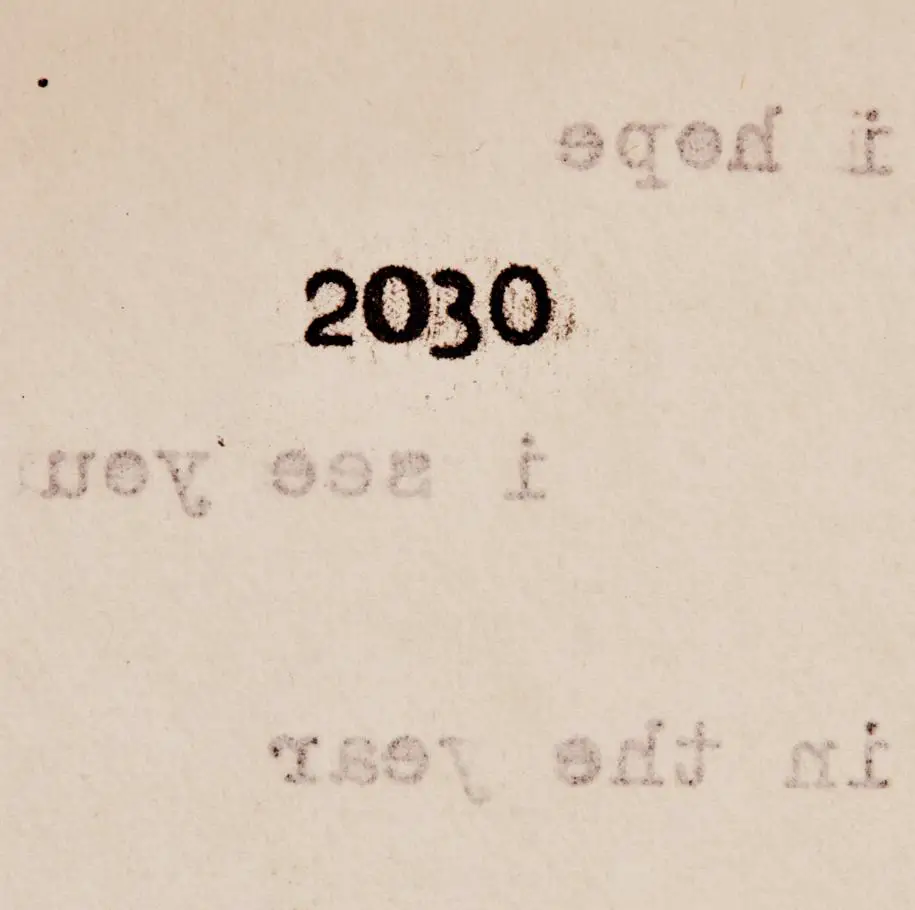
GW: Yeah, I really don't feel too much difference because it does not change around here. I can't wait to see more videos. I can't wait to see all this forthcoming material. You guys are spot on.
Kat: Thank you. And if you're ever in L.A. it would be great to have you out. Maybe we'll do a Chicago one, too. Well, thanks so much for your time.
GW: Thank you. I appreciate the collaboration. Everybody was dialing in from everywhere. Appreciate it. Thank you, Mel. Thank you, Danny. Thank you, David. Thank you, Kat.





